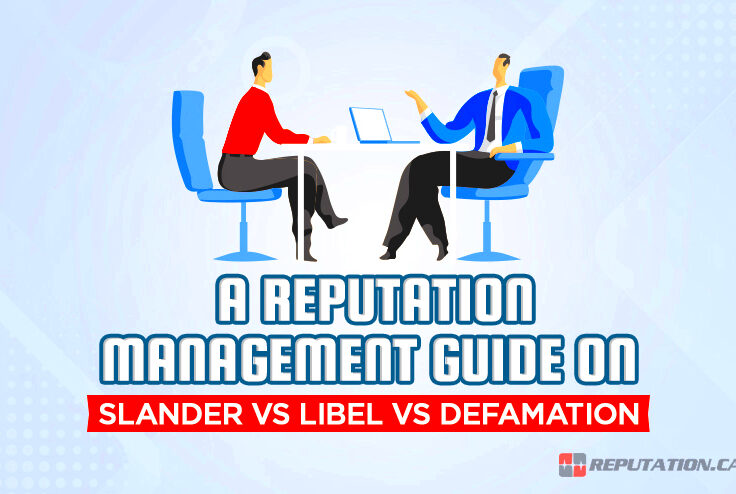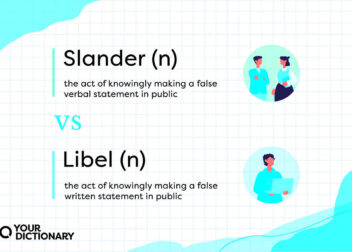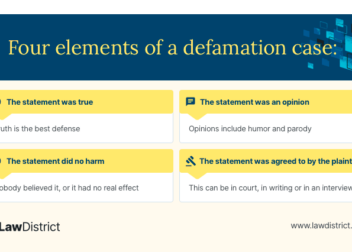Understanding Defamation and Libel Liability in Colorado
Defamation and libel are legal terms that deal with false statements harming someone’s reputation. In Colorado, understanding these concepts is essential for both individuals and businesses. Defamation can happen in various forms, and knowing the laws surrounding it can help protect your rights. This blog post will break down what defamation and libel mean, how they differ, and what you need to prove if you find yourself in a defamation case. Let’s dive in!
Definition of Defamation and Libel
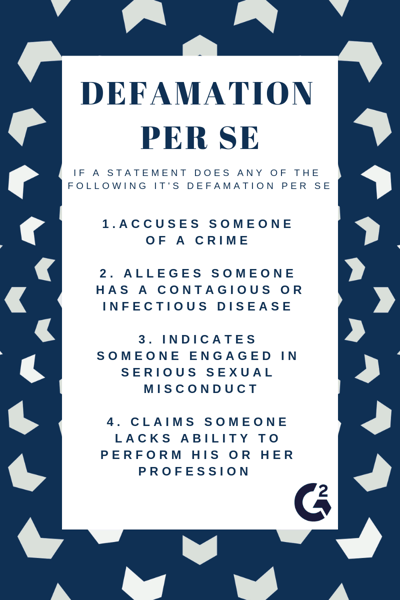
Defamation is a broad term that refers to false statements made about someone that harm their reputation. It can occur in two main forms:
- Slander: This refers to spoken statements that are damaging.
- Libel: This refers to written or published statements that are harmful.
In Colorado, both forms are treated seriously under the law. Defamation laws aim to balance the right to free speech with the need to protect individuals from false claims. The key point to remember is that for a statement to be considered defamatory, it must be false and result in damage to the person’s reputation.
Elements Required to Prove Defamation
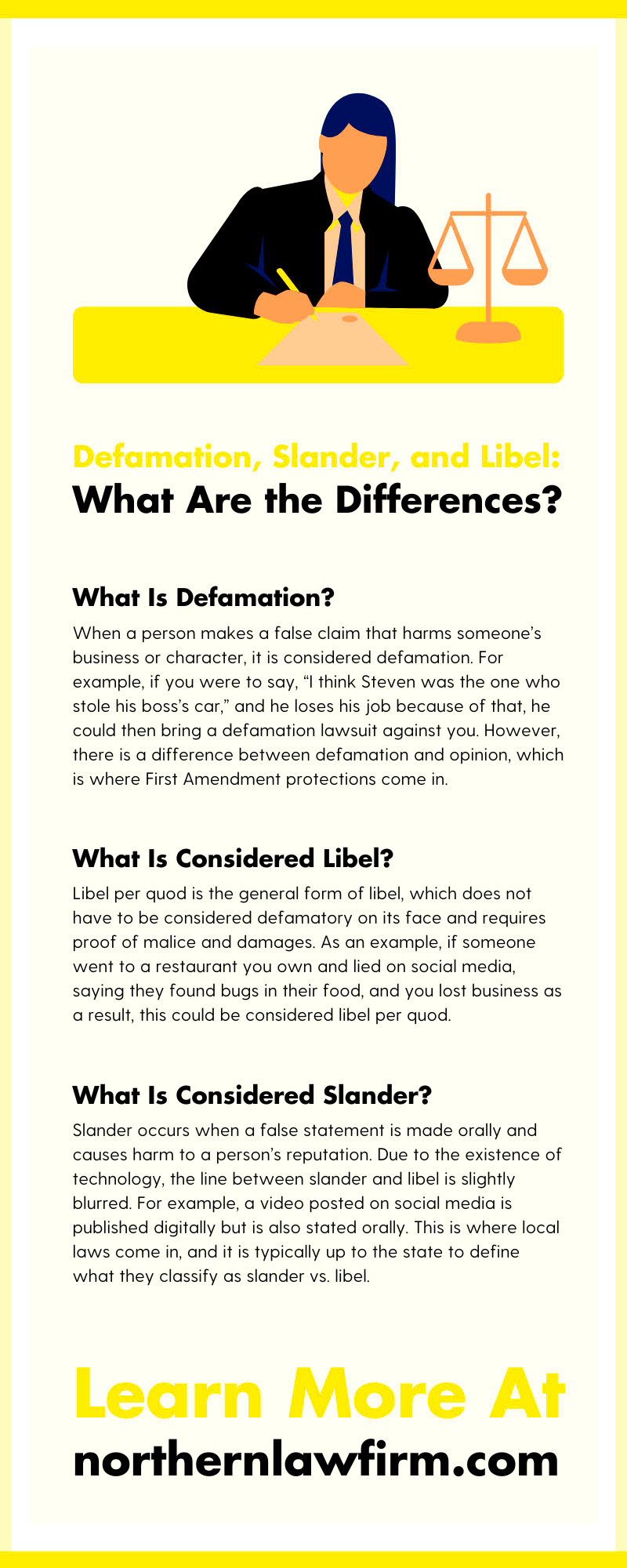
To prove defamation in Colorado, a plaintiff must establish several key elements:
- False Statement: The statement made must be false. Truth is a complete defense against defamation.
- Publication: The statement must be communicated to a third party. This can be done verbally, in writing, or through electronic means.
- Fault: The plaintiff must show that the defendant was at fault in making the statement. This often means proving negligence or actual malice.
- Harm: The plaintiff must demonstrate that the statement caused harm to their reputation, leading to damages.
Understanding these elements can be crucial if you’re considering a defamation claim. It’s important to gather evidence and seek legal advice to strengthen your case. Always remember, proving defamation can be challenging, so being prepared is key!
Understanding Libel and Its Legal Implications
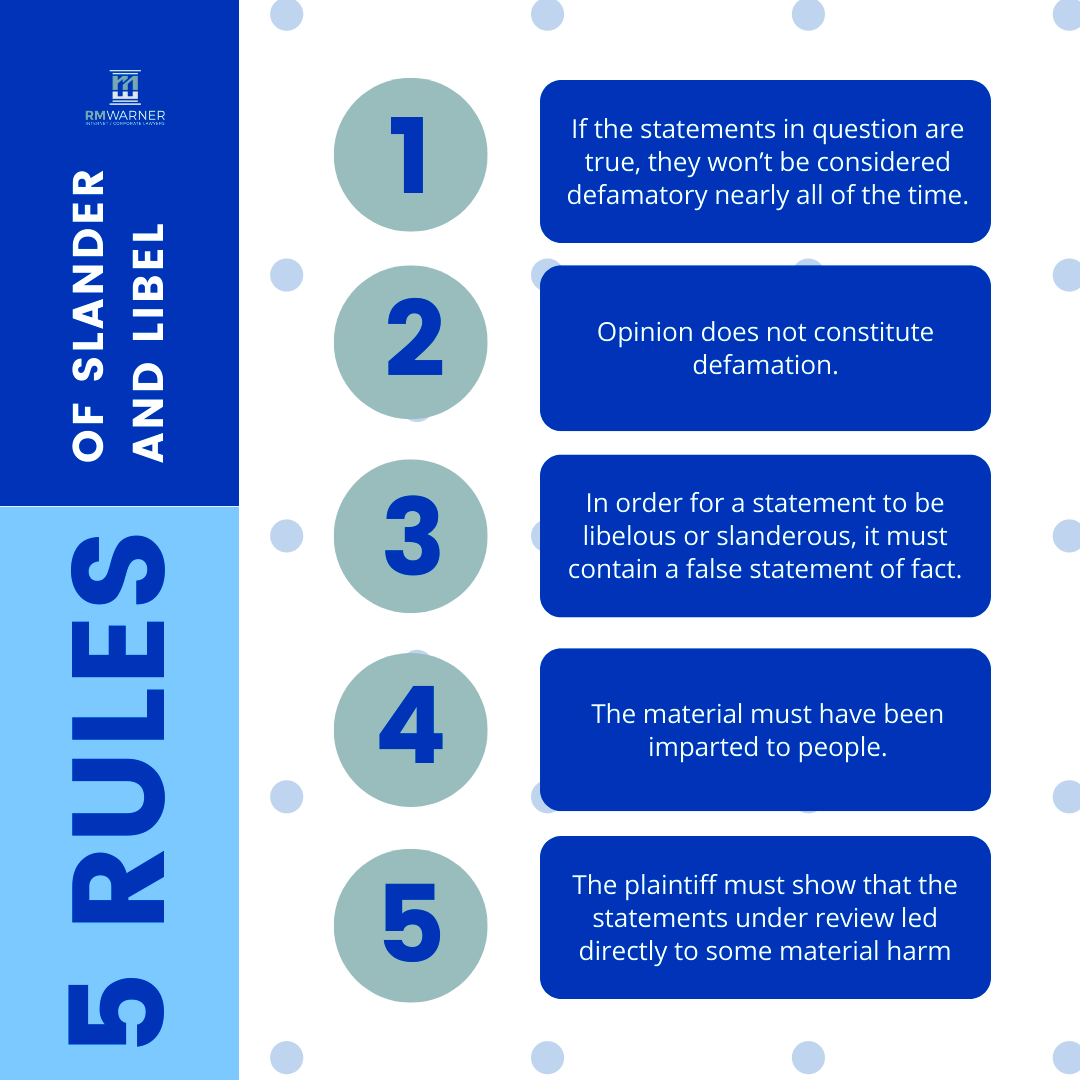
Libel is a form of defamation that specifically involves written statements. These can appear in newspapers, books, online articles, or even social media posts. When someone publishes false information about another person that causes harm to their reputation, they can be held legally responsible. Understanding libel is essential because it can lead to serious legal consequences for both the author of the statement and the publisher.
In Colorado, a person claiming libel must prove the same elements required for defamation, which include:
- False Statement: The statement must be untrue.
- Publication: It must be shared with someone other than the person being defamed.
- Fault: The publisher must be at fault for the statement being made.
- Harm: There must be evidence of damage to reputation.
Additionally, libel cases often involve considerations of public interest, especially when the statement involves public figures. This adds another layer of complexity to the legal implications surrounding libel, making it crucial for both parties to seek legal counsel.
Difference Between Libel and Slander
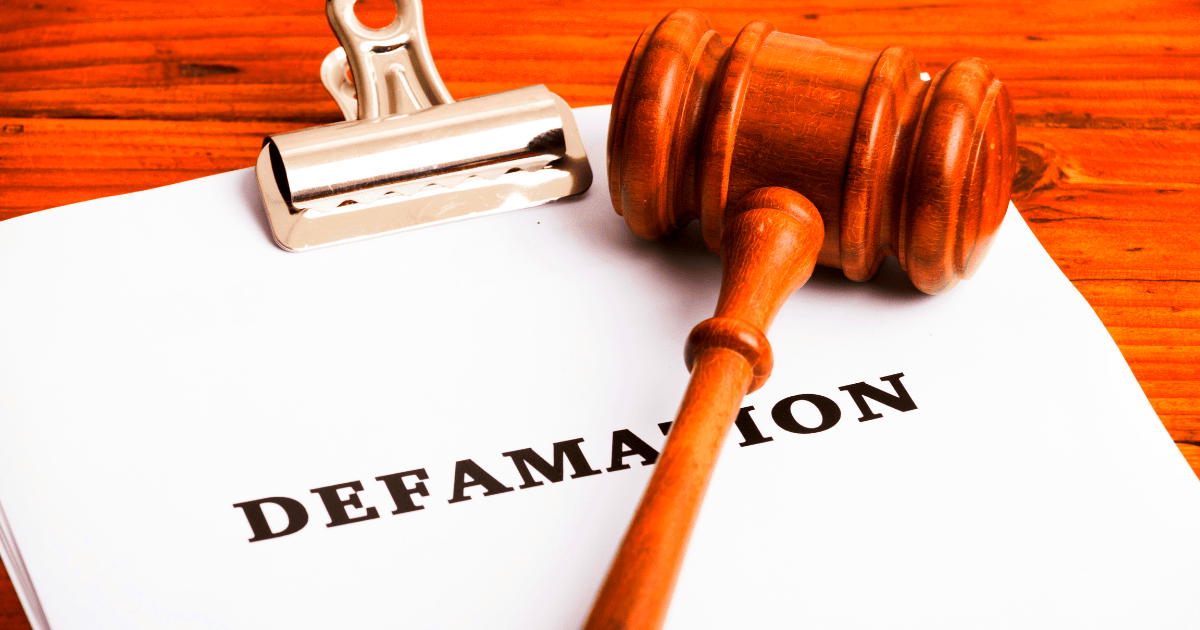
While both libel and slander fall under the umbrella of defamation, they have distinct differences. Understanding these differences is crucial for anyone dealing with a defamation issue. Here’s a breakdown:
| Aspect | Libel | Slander |
|---|---|---|
| Definition | Written or published false statements | Spoken false statements |
| Medium | Newspapers, books, online, etc. | Conversation, speeches, broadcasts |
| Proof of Harm | Harm is generally assumed | Harm must be proven |
Understanding these differences is important because they affect how cases are handled in court. Libel is often easier to prove since the publication of a false statement can lead to assumed harm. In contrast, slander requires the injured party to demonstrate specific damages.
Defenses Against Defamation Claims
If you’re faced with a defamation claim, there are several defenses you can consider. Here are some of the most common defenses against both libel and slander claims:
- Truth: If the statement made is true, it cannot be considered defamation. Truth is the strongest defense.
- Opinion: Statements that are clearly opinions rather than factual claims cannot be deemed defamatory.
- Consent: If the person being defamed consented to the publication of the statement, this can be a valid defense.
- Privilege: Some statements made in specific contexts, such as court proceedings or legislative debates, may be protected by legal privilege.
- Public Figure Defense: If the plaintiff is a public figure, they must prove actual malice, which is a higher standard of proof.
These defenses are crucial for anyone involved in a defamation lawsuit. Understanding your rights and the legal options available can help you mount a strong defense. Always consult a legal expert to guide you through the process.
Impact of Social Media on Defamation Cases
Social media has transformed the way we communicate, but it has also changed the landscape of defamation cases. With platforms like Facebook, Twitter, and Instagram, information spreads quickly, making it easier for false statements to reach a large audience. This rapid dissemination can amplify the damage caused by defamatory statements, leading to more severe repercussions for the individuals involved.
In the context of defamation, social media presents unique challenges:
- Viral Nature: A single post can go viral, making it difficult for individuals to control the narrative or mitigate harm.
- Anonymity: Many users operate under pseudonyms, complicating the identification of the person responsible for the defamatory statement.
- Evidence Collection: While social media provides a record of statements made, collecting evidence and proving who said what can be tricky.
- Platform Policies: Different social media platforms have their own rules regarding defamation, which can affect how cases are handled.
Given these factors, it’s essential for anyone using social media to be mindful of their words. Understanding how defamation laws apply online can help individuals avoid legal trouble and protect their reputations.
Seeking Legal Help for Defamation Issues
If you find yourself involved in a defamation case, whether as the plaintiff or the defendant, seeking legal help is crucial. Defamation laws can be complex, and navigating the legal system can be challenging without proper guidance.
Here are some steps to consider when seeking legal help:
- Consult a Lawyer: Look for an attorney who specializes in defamation or media law. They can provide tailored advice and guide you through the process.
- Gather Evidence: Collect all relevant information, including statements made, dates, and any evidence of harm to your reputation.
- Consider Mediation: In some cases, mediation can resolve the issue without going to court, saving time and money.
- Understand Your Rights: A good attorney will help you understand your rights and the possible outcomes of your case.
Defamation cases can have significant emotional and financial impacts. Having legal support can make a huge difference in achieving a favorable outcome.
FAQs About Defamation and Libel in Colorado
As defamation and libel can be complicated areas of law, here are some frequently asked questions that might help clarify things:
- What is the difference between defamation and libel?
Defamation is a broader term that includes both libel (written statements) and slander (spoken statements). - How long do I have to file a defamation lawsuit in Colorado?
The statute of limitations for defamation claims in Colorado is typically one year from the date of the statement. - Can I sue for defamation if I am a public figure?
Yes, but you will have to prove actual malice, meaning the defendant knew the statement was false or acted with reckless disregard for the truth. - What damages can I recover in a defamation case?
You may recover damages for lost income, emotional distress, and damage to your reputation. - Is there a way to resolve defamation disputes without going to court?
Yes, mediation or a private settlement can often resolve disputes without the need for a trial.
Understanding these questions can help you navigate the complexities of defamation and libel in Colorado. If you have further questions, consider reaching out to a legal professional who can provide guidance specific to your situation.
Conclusion on Defamation and Libel Liability
Understanding defamation and libel is essential for anyone navigating the complexities of legal responsibility in Colorado. Whether you are a victim of false statements or someone accused of making them, knowing your rights and obligations can significantly impact the outcome of your case. Defamation laws aim to protect individuals from harmful falsehoods while balancing the fundamental right to free speech. It’s crucial to gather evidence, understand the legal elements involved, and seek professional legal advice when needed. By being informed, you can better navigate the challenges of defamation and libel liability, protecting yourself and your reputation effectively.
